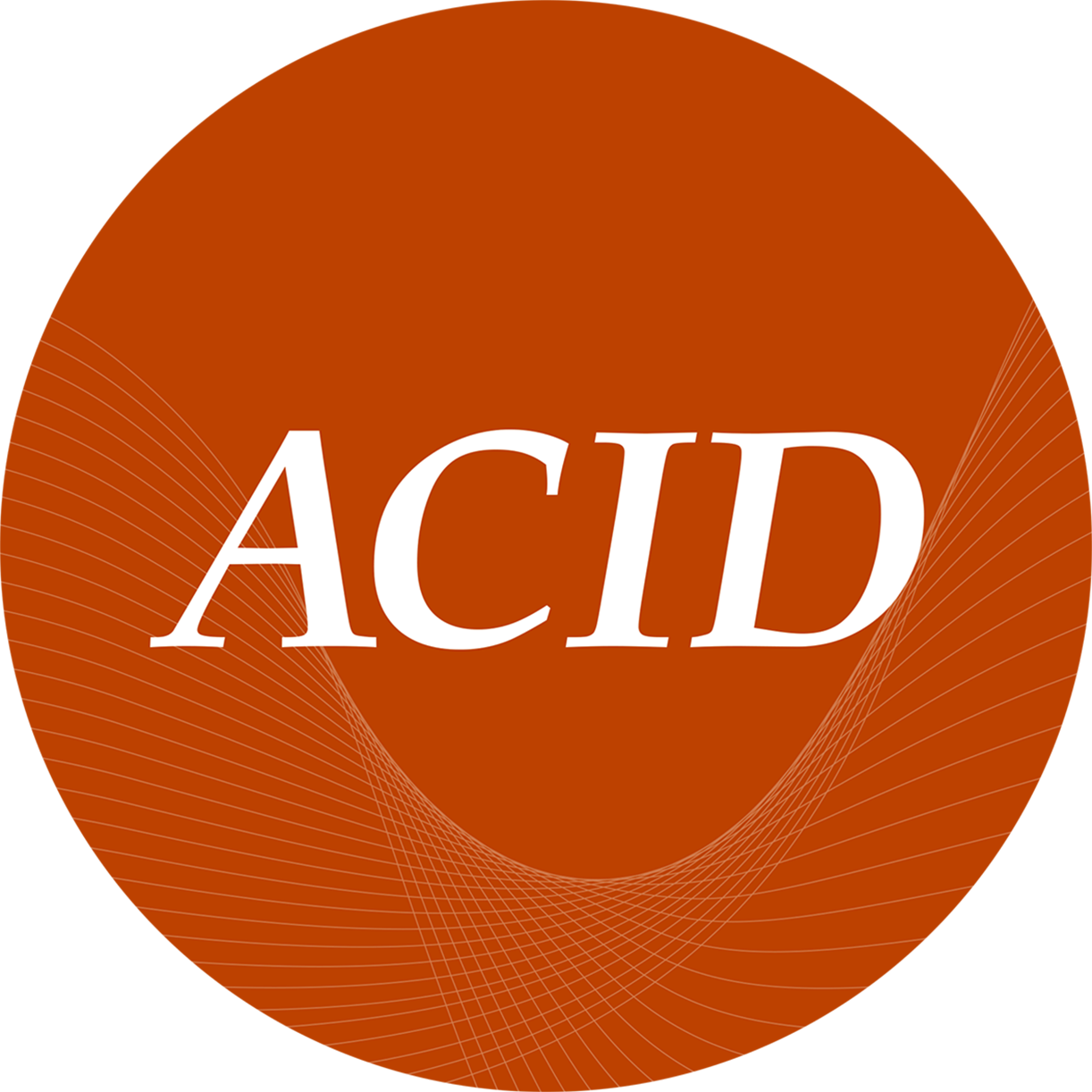Dr Xin Wang received his Ph.D. degree in pharmacology from the Chinese University of Hong Kong, and postdoctoral training in the University of Texas Medical Branch. He is a full professor of East China Normal University (ECNU), Shanghai, China. Dr Wang has the honor to win the SERVIER Pharmacologist Award of Chinese Pharmacological Society. His research fields include pharmaceutical analysis, pharmacokinetics and drug metabolism. Dr Wang has published more than 100 SCI papers in international peer-reviewed journals, including the 76 of articles published as first author or corresponding author in important academic journals, such as Nature Communications, Biochemical Pharmacology, Acta Pharmaceutica Sinica B, Hypertension, Drug Metabolism and Disposition, Molecular Pharmacology, and Pharmacological Research et al. There are 2,402 citations by 1,923 documents, and 28 of H-index. He also edited two pharmacological books, and contributed four book chapters. Meanwhile, he is dedicated to social activities and serves as the editorial board member and ad-hoc reviewer of 45 SCI journals, such as Biochemical Pharmacology, Journal of Pharmaceutical and Biomedical Analysis, Journal of Chromatography A, Acta Pharmaceutica Sinica B, Phytomedicine, and Drug Metabolism and Disposition et al. Prof. Wang used CRISPR/Cas9 technology to successfully construct specific CYP gene (Cyp2e1, Cyp3a1/2, Cyp1a1/2, and Cyp2j) knockout rat models (Drug Metab Dispos 2020, 2021; Biochem Pharmacol 2016, 2017; Sci Rep 2017), transporter P-gp (Drug Metab Dispos 2019), Oatp1b2 (Biochem Pharmacol 2019; Acta Pharm Sin B 2020), and carboxylesterase 2a (Mol Pharmacol 2021) gene knockout rat models. Recently, he successfully constructed humanized CYP1A2, OATP1B1 rat models (Drug Metab Dispos 2024; Acta Pharm Sin B 2024). The above innovative rat models can be widely used in drug metabolism, chemical toxicity, drug safety evaluation, and other related research, which not only promote the study of DMPK related mechanisms, but also strengthen the connection between drug metabolism and pharmacology/toxicology. In addition, Prof. Wang innovatively applied human and mouse small intestinal 3D organoids to in vitro high-throughput screening of inhibitors of P-glycoprotein (Basic Clin Pharmacol Toxicol 2016, 2017), breast cancer resistance protein (Drug Deliv 2017), and multidrug resistance protein (Regul Toxicol Pharmacol 2019) (Figure 2), and designed novel biosensors based on intestinal organoids for functional studies of transporters (Drug Deliv 2017; Acta Pharm Sin B 2021), as well as established a new method for in vitro evaluation of intestinal toxicity. In addition, he successfully constructed cardiac and placental organoids for evaluating the cardiotoxicity of drugs (Chem Biol Interact 2023) and the transport function of the placenta (Toxicol Appl Pharmacol 2024).







